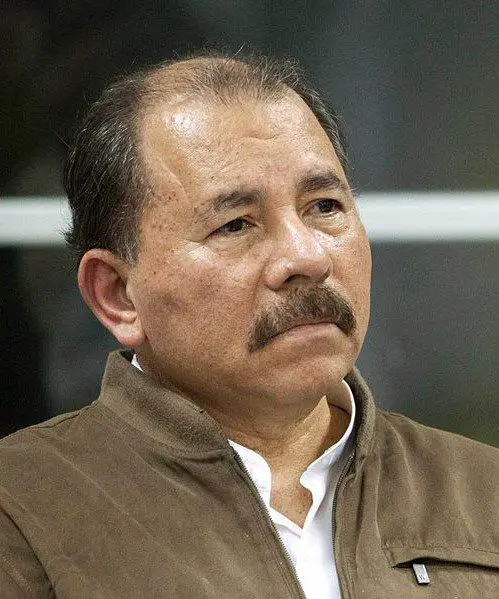Photo by Fernanda LeMarie
News | European Parliament
MEPs condemn restrictive laws devised to criminalise political opponents in Nicaragua and call for all arbitrarily detained political prisoners to be immediately released.
In a resolution adopted on Thursday, MEPs strongly condemn all the Nicaraguan authorities’ repressive actions, in particular the deaths caused, against democratic opposition parties and other opponents of the regime.
MEPs demand the immediate and unconditional release of all arbitrarily detained political prisoners, among them pre-presidential candidates, as well as other opposition activists, human rights defenders and journalists. The government must provide an immediate proof of life and whereabouts of those imprisoned, they urge.
The Nicaraguan regime is deepening its authoritarian drift, they underline, closing off democratic space and international mediation for a peaceful solution to the conflict, clearly impeding free and fair elections due to be held on 7 November 2021.
The resolution denounces several restrictive and punitive laws against the opposition that have been adopted over the last few years. These laws, say MEPs, institutionalise repression and legalise the brutal acts that have been committed in the country since their adoption.
They ask, therefore, for the laws to be immediately repealed and for inclusive dialogue and democracy to be restored as the only peaceful way out of the political, economic and social crisis in Nicaragua. The Parliament also urges the Nicaraguan authorities to make immediate changes to the Electoral Law in accordance with the international parameters demanded by the Organization of American States (OAS) and to allow national and international electoral observation bodies to be present during elections.
MEPs stress that those responsible for the grave human rights violations committed since 2018 must be held accountable.
The resolution also calls on the Council and the member states to swiftly extend the list of sanctioned individuals and entities to include President Daniel Ortega and Vice-President Rosario Murillo, as well as their inner circle, taking special care not to harm the Nicaraguan people.
The resolution was adopted by 629 in favour, 19 against and 40 abstentions.
Background
The human rights and democracy situation in Nicaragua has seriously deteriorated following the violent repression of public protests in April 2018. Since then, at least 130 people have been deprived of their liberty for political reasons and more than 108 000 Nicaraguans have been forced to flee and seek asylum in neighbouring countries, three-quarters of whom have sought protection in Costa Rica.
In its resolution of 8 October 2020, Parliament condemned attempts to adopt an unconstitutional law on the regulation of foreign agents, the special law on cybercrime and a law on hate crimes that provided Daniel Ortega’s government with a repressive tool to silence its critics.







